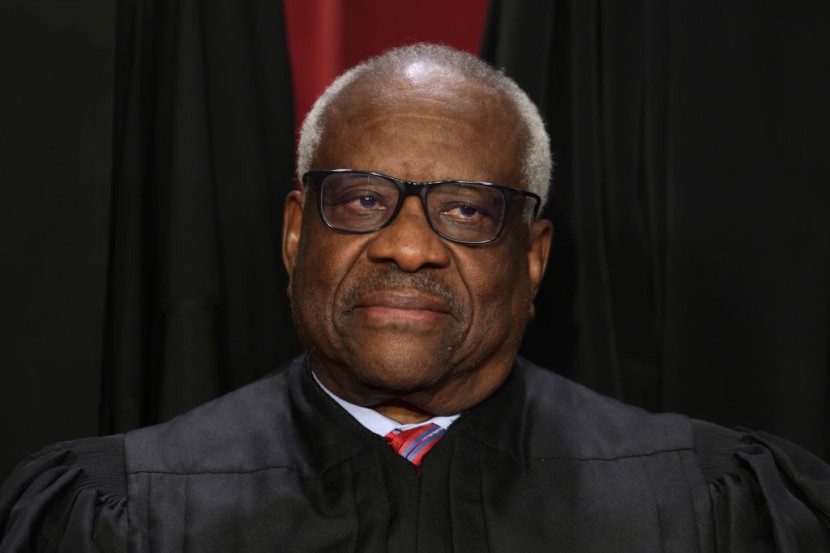
Tribes across the United States are watching in concern as the Supreme Court has taken up the Native Adoption Law amid a hearing for a four-year-old Navajo child identified only as Y.R.J.
The little girl would soon be known by the nine justices of the United States Supreme Court who, for much of her short life, has been living with Dr. Jennifer Brackeen and Chad Brackeen. They are a suburban couple from Texas who are fighting with the Navajo Nation to adopt the little girl. Y.R.J.'s birth mother is Navajo while the Brackeens are white.
Native Adoption Law
The Supreme Court, including Judge Clarence Thomas, is set to hear arguments in the case on Wednesday, which could affect not only the little girl's adoption but also those of thousands of Native American children in foster care. Depending on how the justices of the nation's highest court rule, the outcome of the case, which is known as Brackeen v. Haaland, could also unravel other federal protections.
The worries come as the case, which primarily pits the Brackeens and Texas against the US Department of the Interior and five tribes, could turn into whether or not the Supreme Court finds that the tribes are racial classifications rather than political ones. This is a prospect that the tribes find deeply threatening, as per the New York Times.
The plaintiffs in the case are requesting the justices to invalidate the 44-year-old Indian Child Welfare Act (ICWA), which prioritizes the placement of Native children in custody proceedings with Native families. However, they are also contesting a constitutional foundation of Indian law itself.
The plaintiffs have allied with Republican legal groups and lawmakers in an attempt to kneecap congressional authority to regulate tribes for the benefit of their own members. The Supreme Court, after greenlighting countless laws diminishing tribal sovereignty, could soon strike down legislation that attempts to enhance it.
According to Slate, the Supreme Court could also do so on the basis of history that is seen as objectively false. It is rooted in a mistaken theory about the Founders' vision for relations with Native tribes that have been conclusively debunked before.
Read Also : Nancy Pelosi Gets Emotional as She Remembers Scary Attack on Her Husband, Hints About Possible Retirement
Supreme Court's Rule
In 1787, the Framers needed to provide a solution to various problems that were a result of the Articles of Confederation. These include challenges around Indian affairs. The Articles had attempted to split authority over tribal relations between the states and the federal government, which ended in a disaster.
For instance, some states refused to comply with treaties between the federal government and tribal nations, leading to violent conflicts over white settlement on Indian land. In order to address the issue, the new Constitution handed all authority over Indian affairs to the federal government, giving it broader treaty and war powers.
In 1978, the ICWA law was passed unanimously to rectify what Congress at the time called the "most tragic and destructive aspect of American Indian life today." This was the widespread and sometimes forced removal of Native children to boarding schools and families with no links to their tribes, the Washington Post reported.
Related Article : Joe Biden Expresses Support for NY Gov. Kathy Hochul in Attempt To Avoid Major Upset
© 2025 HNGN, All rights reserved. Do not reproduce without permission.








